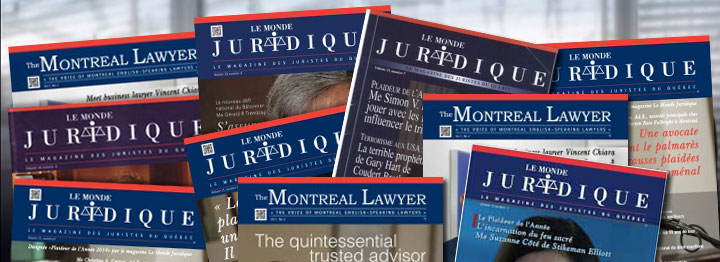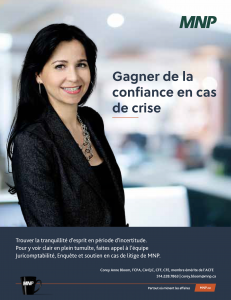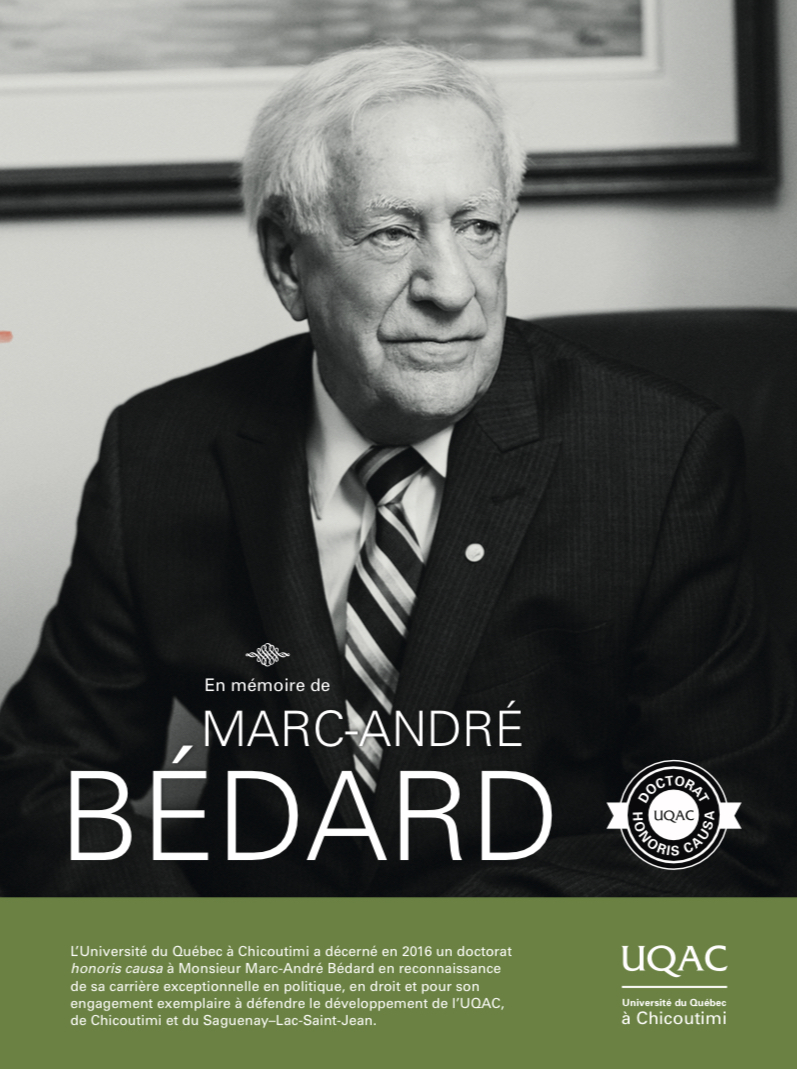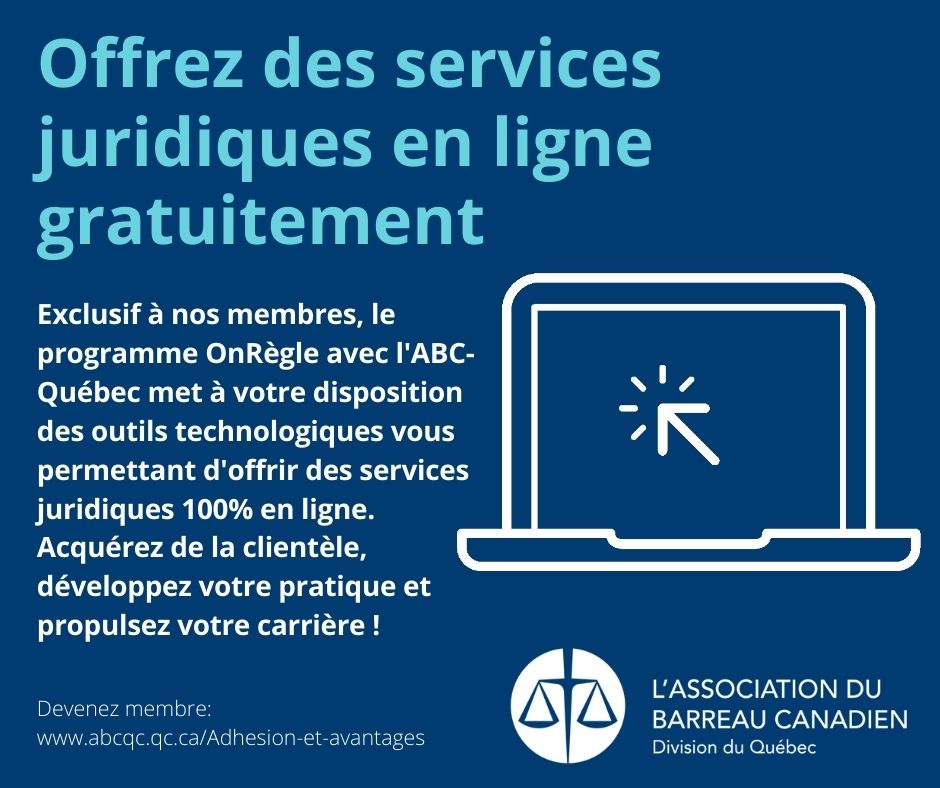What Canada should do about Saudi Arabia

Irwin Cotler is the international legal counsel to Raif Badawi and Ensaf Hadar. He is a former minister of justice and attorney-general of Canada.
The Saudi kingdom’s response to a Canadian government tweet calling for the release of imprisoned Saudi women’s rights advocate Samar Badawi, and her brother, human-rights blogger Raif Badawi, was as surprising in its ferocity as it was seemingly contradictory to the reformist “charm offensive” of Saudi Crown Prince Mohammed bin Salman.
Simply put, the tweet by Canadian Foreign Affairs Minister Chrystia Freeland was neither new nor novel as a statement of principles or policy by the Canadian government, or even the international community. Indeed, the Canadian Parliament had unanimously called – more than three years ago – for the release of Raif Badawi, as had the National Assembly in Quebec – the province where Raif’s wife, Ensaf, and their three children, reside as Canadian citizens.
Story continues below advertisement
The Saudi government “erupted in fury, » as commentators put it. In short order, it expelled the Canadian ambassador, recalled its own envoy, froze new trade and investment, suspended flights to Toronto and ordered around 15,000 Saudi students to leave Canada. And it anchored all this in a more menacing countertweet and tone: “The Canadian position is an overt and blatant interference in the internal affairs of the Kingdom of #SaudiArabia and is in contravention of the most basic international norms and all charters governing relations between states. » It also issued a warning: “Any further step from the Canadian side in that direction will be considered as acknowledgment of our right to interfere in the Canadian domestic affairs. »
Ms. Freeland’s response was to modestly restate Canada’s position that “it will always stand up for human rights in Canada and around the world,” while adding that it was seeking “clarification, » effectively inviting the Saudi kingdom to moderate its position, if not walk back its intemperate actions.
The “clarification” was not long in coming: Saudi authorities declared the country would boycott Canadian wheat and barley; sell off its Canadian equities and assets; and in a particularly painful and punitive action, ordered all Saudi medical residents and fellows to return to Saudi Arabia, and all Saudi health patients to leave Canada, thereby causing harm to both Saudis and Canadians alike.
The suddenness and severity of the Saudi aggressive retribution – while seeking to intimidate and silence prospective Western critics – was also arguably self-defeating in that it undermined the progressive narrative expressly manifest in the Crown Prince’s “charm offensive” tour this past spring.
Moreover, while MBS (as the Crown Prince is known) was instituting reforms such as women’s right to drive, Samar Badawi, an early advocate of such reform, was imprisoned after it went into effect. Meanwhile, Raif Badawi continued to languish in a Saudi prison for saying six years ago what the Crown Prince was saying now about a more “open” Saudi society.
What, then, accounts for this punitive eruption?
First, Saudi Arabia feels comfortable in, and supported by, the culture and community of resurgent global authoritarianism, which has secured also the support of such disparate authoritarians such as Russia, Egypt and Bahrain, appearing almost as if it had been strategically agreed upon beforehand by the “authoritarians. »
Story continues below advertisement
Second, Saudi Arabian rulers and MBS feel emboldened by the friendship of U.S. President Donald Trump. Saudi Arabia was the first foreign country visited by the U.S. President – with whom he entered into a US$110-billion arms deal – and where Mr. Trump had otherwise publicly called out Canadian Prime Minister Justin Trudeau as “weak” in the aftermath of June’s Group of Seven meeting.
Third, while the Saudis chastised Canada for violating international protocols, they ignored – and perhaps sought to deflect attention away from – the fact that the Canadian tweet was effectively a restatement of an international declaration made by the United Nations Office of the High Commissioner for Human Rights, which called for “the unconditional release of all human-rights defenders and activists who have been detained for their peaceful human-rights work,”.
Accordingly, what then should Canada do?
First, as both the Prime Minister and Foreign Affairs Minister put it, Canada “will always speak up for human rights … for women’s rights … that is not going to change,” while adding an olive branch recognizing Saudi Arabia’s importance in international affairs and the progress it has made in human rights.
Second, Canada should engage and encourage the Saudi 2030 Vision and offer to work co-operatively with the Saudis on economic, social and political advancement.
Third, Canada should anchor its human-rights diplomacy in the very international protocols that the Saudis have themselves signed onto, including the mandate of the UN Human Rights Council to “promote and protect international human rights obligations.” In other words, this is not asking Saudi Arabia to adopt Canadian values, but to sign onto, and act upon, the very international human rights obligations that Saudi Arabia has assumed, be it the United Nations Charter, the Universal Declaration of Human Rights and the Arab Charter of Human Rights.
Story continues below advertisement
Finally, Canada needs to engage and exercise global leadership in combatting global authoritarianism, and lead the struggle for international democratic renewal. As the Prague Appeal for Democratic Renewal states, “Liberal democracy is under threat, and all those who cherish it must come to its defence. »
Finance Minister Bill Morneau says the federal government has no plans for economic retaliation against Saudi Arabia in connection with a growing diplomatic dispute. The Canadian Press












